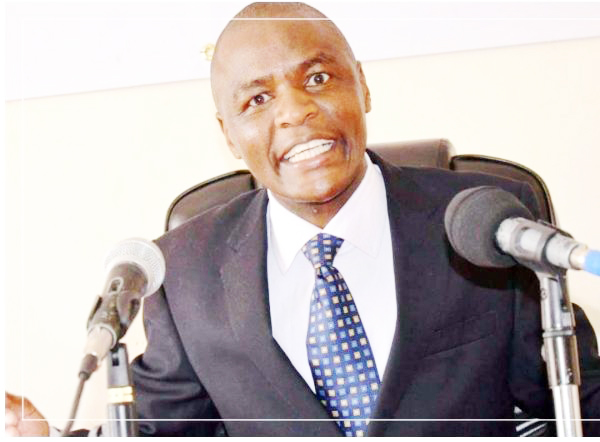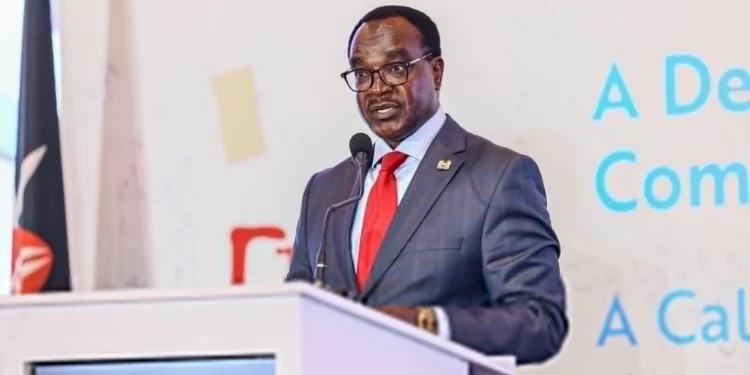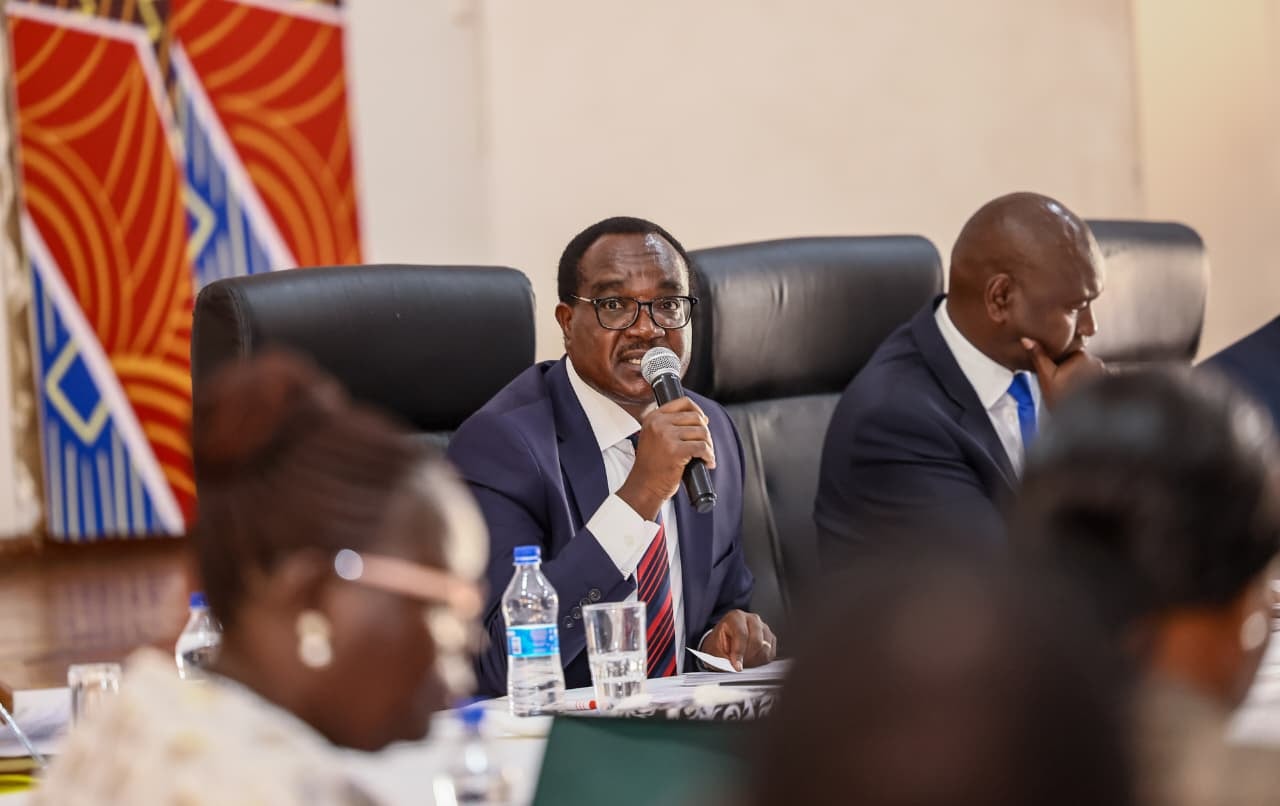The Education Stakeholders Association of Kenya (ESAK) is calling for the establishment of an independent professional body to oversee the teaching profession.
ESAK argues that the current setup under the Teachers Service Commission (TSC) is flawed, citing conflicts of interest and weak enforcement of standards.
According to association, TSC’s dual mandate as both employer and regulator undermines accountability.
“We need a separate institution to set benchmarks, license teachers, and enforce ethical conduct just like in law or medicine,” said ESAK National Chairman Fuad Abdallah Ali as reported by one of the local dailies.
The association proposes a body that would handle teacher registration, monitor professional growth, and discipline misconduct without bias. ESAK insists that separating these roles from employment functions would eliminate the conflict of interest that currently hampers fair oversight.
ALSO READ:
Education CS inaugurates newly appointed UoN Council, calls for teamwork
“Expecting one entity to hire, supervise, and regulate teachers compromises objectivity,” noted ESAK National Secretary Ndung’u Wangenye. “An independent regulator would ensure transparency and uphold professional integrity.”
Concerns have also been raised over the infiltration of unqualified individuals into classrooms. ESAK highlighted cases where applicants use forged teacher registration certificates, exploiting gaps in verification systems. To curb this, the group recommends a real-time online platform that schools can use to confirm the authenticity of teaching credentials.
Beyond registration issues, ESAK criticized the growing trend of politicians and uncertified individuals conducting holiday tuition. They argue that such practices dilute the quality of education and erode the professionalism of teaching.
ALSO READ:
Oyuu rallies teachers to back 2025-2029 CBA, promises further talks
The association also took issue with delays in processing pensions and gratuities for retired educators. ESAK urged TSC to fast-track these payments, noting that prolonged delays negatively affect the welfare of retired teachers who depend on these benefits.
ESAK believes that creating a dedicated regulatory body would not only enhance accountability but also restore public trust in the teaching profession.
Stakeholders hope that the government will consider restructuring the regulatory framework to reflect best practices from other professions, ensuring that Kenya’s educators are held to the highest standards of conduct and competence.
By Masaki Enock
You can also follow our social media pages on Twitter: Education News KE and Facebook: Education News Newspaper for timely updates.
>>> Click here to stay up-to-date with trending regional stories
>>> Click here to read more informed opinions on the country’s education landscape






